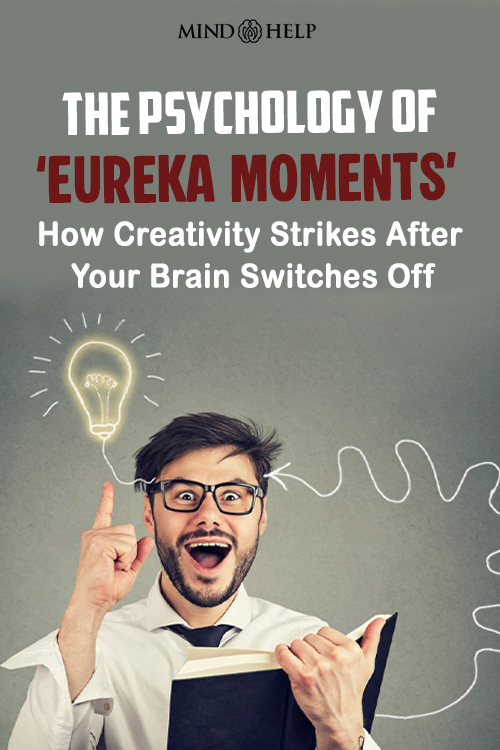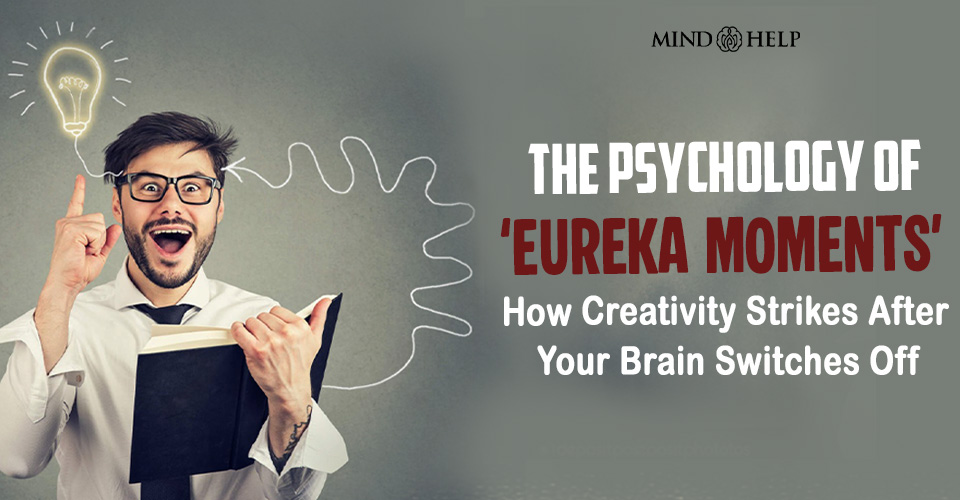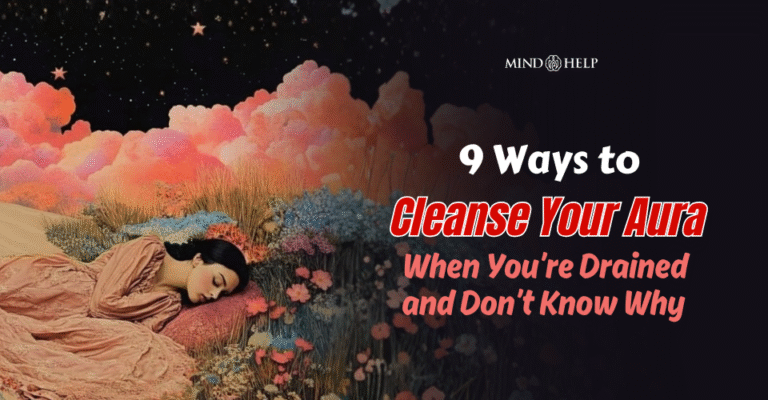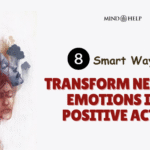Most of us assume that insight is a reward for relentless effort but did you know that those AHA! or eureka moments are likely to occur not when you’re thinking… but when you’re deeply asleep.
Yes you heard that right! New research in cognitive psychology and neuroscience shows that our most innovative ideas often emerge when the mind is at rest, particularly during sleep.
Let’s learn what are eureka moments and how sleep can spark creative breakthroughs!
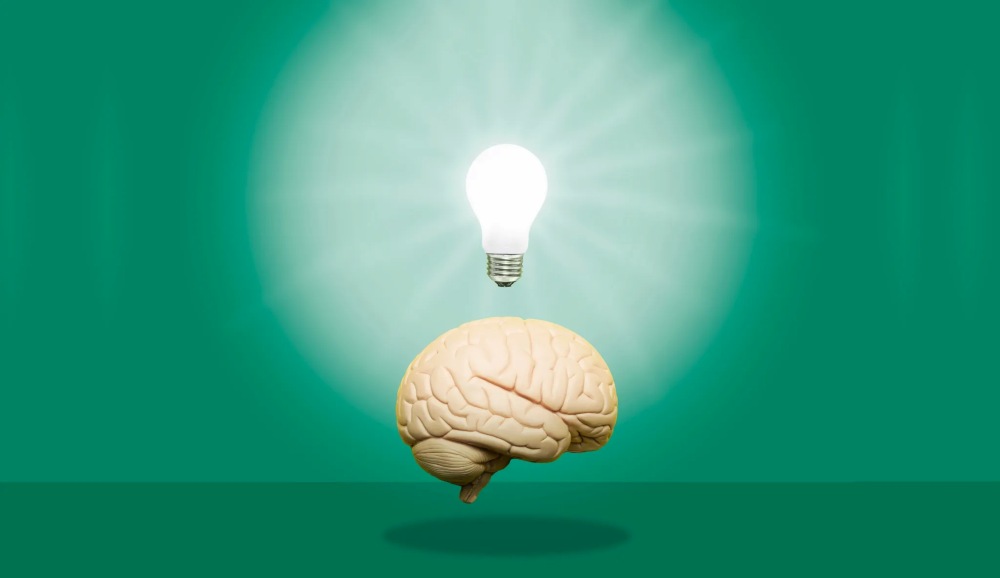
What Are Eureka Moments?
A eureka moment is a burst of insight that seem to appear out of nowhere. It is the mental equivalent of the lightbulb switching on. It’s that moment when a frustrating problem suddenly feels obvious, effortless, and almost magical.
Unlike how logical thinking is slow and step-by-step, those AHA! moments are super quick, emotional, and can even give you goosebumps. You don’t overthink it, you just get it!
Why Deep Sleep Matters
During deep, non-REM sleep, your brain does more than rest. It quietly begins sorting, rewiring, and reorganizing the information you absorbed during the day. Instead of trying to solve a problem in a linear way, it connects distant patterns, eliminates distractions, and surfaces hidden insights.
Scientists have found that:
- Deep sleep reduces mental noise and enhances signal clarity.
- Creativity peaks after slow-wave sleep, not during wakeful brainstorming.
- The brain keeps “working” on unresolved problems while you rest.
Which explains one of life’s strangest truths: you often wake up smarter than you went to bed.
Read More Here: You’re Tired, But No One Notices, 10 Silent Burnout Signs You Can’t Ignore!
Famous Examples of Eureka Moments
History is full of breakthroughs that weren’t born from effort, but from rest, dreams, or accidental distraction. Below are 4 eureka moment examples:
1. Archimedes was an Ancient Greek inventor and mathematician who solved the problem of measuring volume in a bathtub. He was so thrilled with his discovery, apparently he leapt out of the bath and ran naked down the street shouting “Eureka!”, meaning “I have found it!”. So, effectively, he invented ‘eureka!’ moments at the same time.
2. Paul McCartney is one of the examples of eureka moments explaining that it doesn’t just happen in science and business. He literally heard the melody of “Yesterday” in a dream and rushed to the piano upon waking.
3. Marie Curie‘s eureka moment was when she realized that radiation originates inside atoms, it was a game-changer for science. Her research opened the door for life-saving X-rays and resulted in the discovery of polonium and radium. She tragically carried radioactive materials in her pockets without realizing the risks; this exposure probably led to her death.
4. Next time you pop some popcorn in the microwave, remember engineer Percy Spencer and thank him for your snack. Spencer’s eureka moment was discovering that microwaves could be used to heat food.
These aren’t coincidences. They are the result of a brain that relaxed, and therefore unlocked a deeper intelligence.
Why You Don’t Get Eureka Moments While Forcing It
When you’re stressed and problem-solving consciously, you’re stuck in linear logic mode, useful, but limited. You can’t see sideways. You can’t think radically. You can’t “jump.” You are searching, not discovering.
But the brain loves novelty. It loves non-obvious connections. It loves the unexpected. That’s what deep sleep provides, a state with zero pressure, zero ego, and full processing power.
Can You Train Your Brain to Have More Eureka Moments?
Absolutely, but it involves doing less, not more.
Here’s how to naturally increase your odds of insight:
- Sleep between 11 p.m. and 3 a.m. This is a peak deep sleep repair window
- Avoid screens and caffeine 90 minutes before bed
- Leave a question in your mind, don’t rush to solve it
- Take walk/shower breaks during work, it simulates “mini-disappearance”
- Journal or voice note your ideas the second you wake up, eureka moments fade FAST
Read More Here: 30-Minute Japanese Walking Method, That’s Smarter (And Easier) Than 10K Steps A Day
Closing Thoughts
Your brain isn’t a machine that performs best under pressure. It’s closer to an artist, it needs silence, darkness, and space to rearrange the universe. The next time you’re stuck, don’t force an answer. Give in. Sleep. Let your subconscious do the heavy lifting.
Because your next eureka moment won’t arrive when you’re thinking hardest, it’ll arrive when you’re finally not thinking at all.
